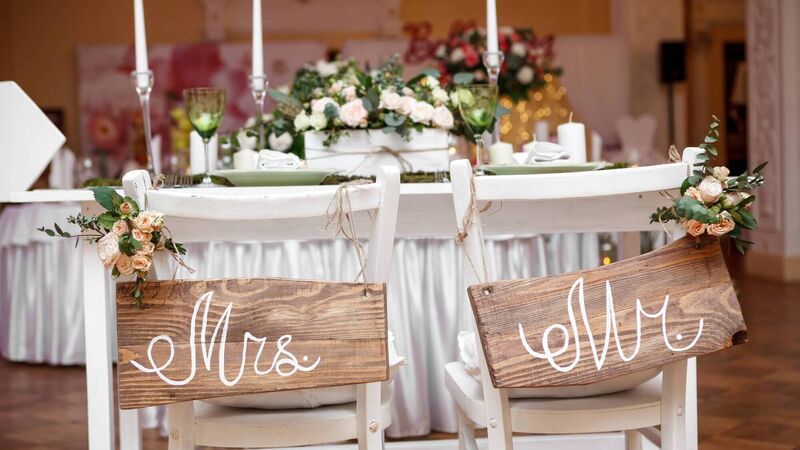Marriage means being open to change — but should that include your name?

Why do women decide to take their husband's name?
Before ever she met her Scottish husband, Geraldine McLean knew she’d change her name when she got married.
One of five girls, Geraldine recalls her mum throughout her childhood urging her daughters to keep their name when they married.







